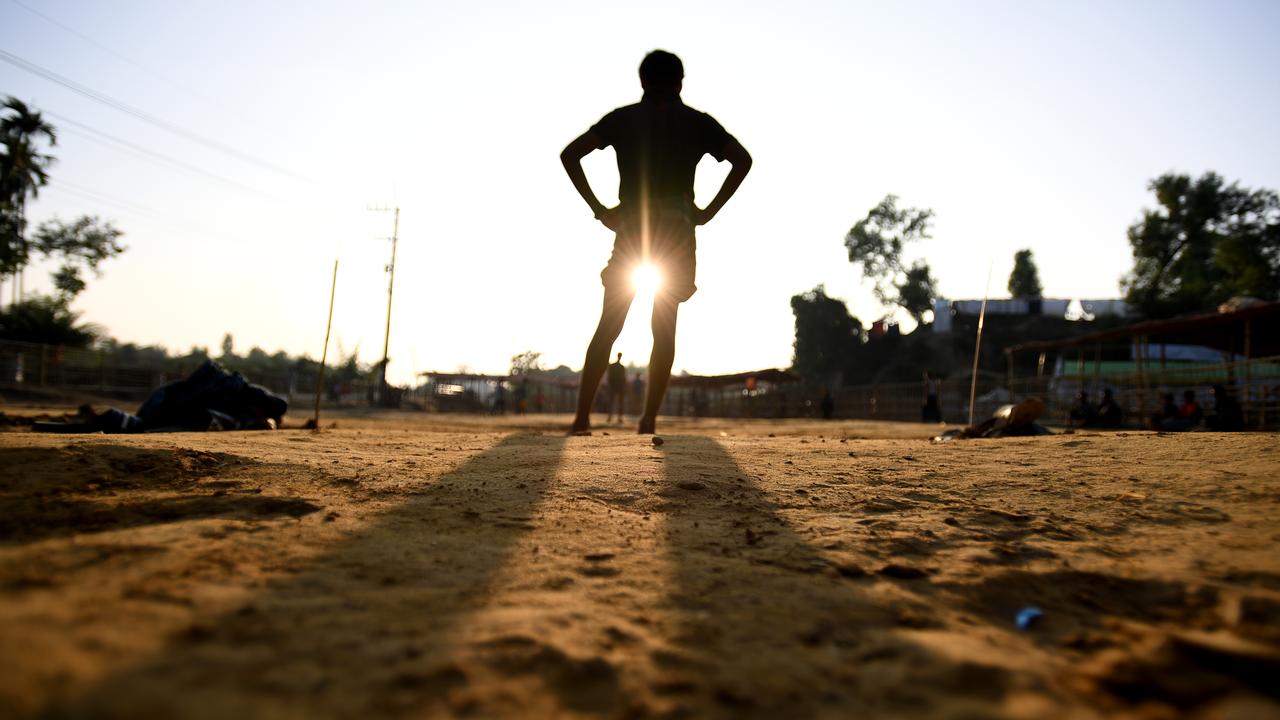
Growing up without the security blanket of a visa allowing a permanent place in Australia leaves asylum-seeking children with worse mental health because of parental stress, a study shows.
Trauma and adversity are passed down to children when there is a lack of psychological security and safety, the study found in the latest issue of academic journal Development and Psychopathology, published in November.
Researchers from UNSW Sydney and the University of Sydney examined the wellbeing of 68 Tamil children aged 10 to 18 and their mothers who sought asylum in Australia over a decade ago.
A 43-year-old Tamil mother of two, who participated in the study but declined to give her name for fear of jeopardising her citizenship application, said it was a long struggle to feel stable.

The woman boarded a ramshackle boat in 2012, along with about 70 other asylum seekers, carrying her nine-month-old baby and eight-year-old son and landing on Cocos Islands - remote Australian territories near Indonesia.
She and her young sons were detained in several immigration detention centres for a year including Christmas Island.
The woman was escaping civil war in Sri Lanka, where her husband still remains missing.
After more than 12 years of visa insecurity, she is finally applying for her citizenship, along with her sons.
"When my dad passed away in Sri Lanka, I couldn't go and I was very sad," she told AAP.
"Maybe next year once we get passports we can visit."
With dreams of becoming a teacher or a police officer, her eldest son wasn't able to enter university as a domestic student.
He would have to pay exorbitant international student fees because of his visa status.
"I was very upset for him because he felt like he was not like everyone else."

Lead researcher Lux Ratnamohan says these disappointments of feeling like second-class citizens pile up and add to the sense of not feeling settled, which can have dire mental health consequences.
"These families are coming here under lots of adversity and they just don't get a chance to build any sort of social capital or any sort of social network," Dr Ratnamohan said.
"When families are subjected to prolonged visa insecurity, a higher proportion of refugee children develop along trajectories of risk rather than resilience."
The former Abbott coalition government established an assessment scheme to resolve the visa applications of more than 30,000 asylum seekers who arrived by boat between 2012 and 2014.
But the policy has been criticised, with some 10,000 people left in legal limbo with restricted work and study rights on their visas.
Dr Ratnamohan said compared to other refugees, the legacy caseload were left severely unsupported in a new nation trying to figure it out with structural barriers put in place.
"If you compare families coming in on humanitarian visas, from the outset, they're getting lots of social support whether it's through work, through education or through direct support services and gradually over time that accrues," the child and adolescent psychiatrist said.
"Whereas for these asylum seeking families, they are not getting any of those opportunities and the flow-on effect is adverse."







